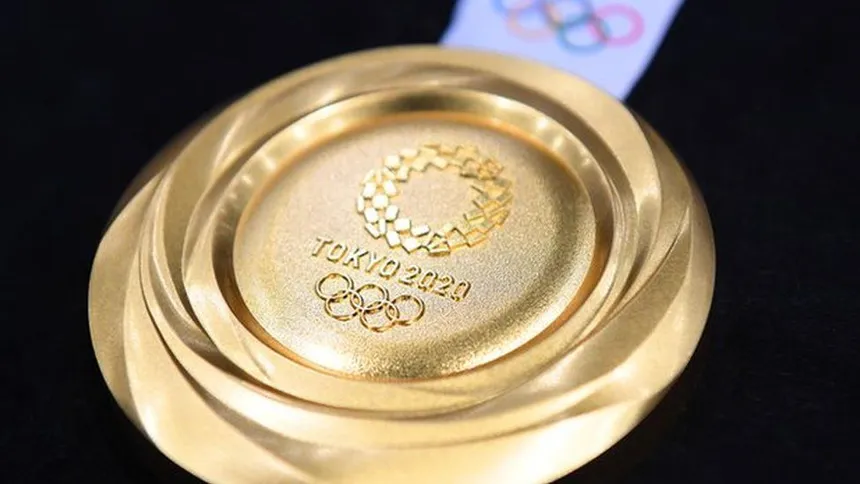
- Sat, 18 May 2024
Back To Top

Olympic gold medals are not just symbols of athletic achievement; they encapsulate dreams, dedication, and triumph. Beyond their emotional and symbolic weight, a pressing question arises: What is the monetary value of an Olympic gold medal?
Historical Evolution of Olympic Medals
The evolution of Olympic medals from simple designs to intricate works of art mirrors changes in aesthetics and technology. This transformation is not merely cosmetic; it reflects the evolving importance placed on these symbols of athletic excellence. Craftsmanship is at the heart of the creation of Olympic gold medals. The intricate process, involving design conceptualization, careful material selection, and precision in manufacturing, transforms each medal into a unique masterpiece.
Intrinsic Value vs. Market Value
The intrinsic value of an Olympic gold medal is rooted in the materials used—primarily gold and other precious metals. However, the market value is a dynamic entity influenced by several factors. The rarity of the medal, historical significance tied to specific Games, and the fame of the winning athlete collectively contribute to its market worth.
Factors Influencing the Overall Worth
Beyond the physical aspects, numerous factors influence the overall worth of an Olympic gold medal. The athlete’s backstory, the geopolitical context of the Games, and the broader cultural impact of the victory all play a role. This amalgamation of tangible and intangible elements creates a delicate interplay that defines the medal’s holistic value.
The Process of Selling an Olympic Gold Medal
In some instances, athletes make the challenging decision to part with their Olympic gold medals. The process of selling involves more than a simple transaction; it requires navigating legal complexities and finding buyers who appreciate the historical and emotional significance of the medal. The decision to sell such a cherished possession is never taken lightly and often prompts contemplation about the trade-off between sentimental value and financial gain.
Estimated Value of Olympic Medals
As of the latest assessments, the estimated monetary value of Olympic gold medals varies. Gold medals, primarily composed of silver with a thin layer of gold plating, have been valued between $500 to $1,000 in terms of material worth. However, the market value can far exceed these figures, reaching tens of thousands or even more, especially when considering factors such as historical significance, athlete fame, and cultural impact.
Silver and bronze medals, composed of less valuable materials than gold, have lower estimated values. Silver medals may be valued between $300 to $500, while bronze medals, often made of copper and other alloys, may range from $3 to $100. However at auctions it has been up to $20,000 DOLLARS!
It’s crucial to note that these estimates are generalizations, and the actual value can vary significantly based on the specific circumstances surrounding each medal, including the athlete’s achievements, historical context, and market demand.
Conclusion
In attempting to quantify the worth of an Olympic gold medal, we navigate a complex landscape where tangible materials meet intangible emotions. These medals transcend their physical composition, representing not only athletic prowess but also a convergence of history, culture, and human achievement. Whether it’s the artistic evolution, the intricate craftsmanship, or the emotional decision to sell, the value of an Olympic gold medal is a multifaceted narrative that continues to captivate sports enthusiasts and collectors alike.
Frequently Asked Questions (FAQs)
There are no specific restrictions on selling Olympic gold medals, but athletes must adhere to legal processes and navigate potential contractual obligations.
While opinions vary, some athletes have expressed regret after selling their medals due to sentimental attachment and public backlash.
The most expensive Olympic gold medal sold to date is from the 1896 Athens Games, fetching a substantial amount at auction.
Yes, beyond the intrinsic and market values of the medal, athletes often benefit from increased sponsorship opportunities and endorsements.
No, Olympic gold medals are not solid gold. They are mostly composed of silver with a thin layer of gold plating.